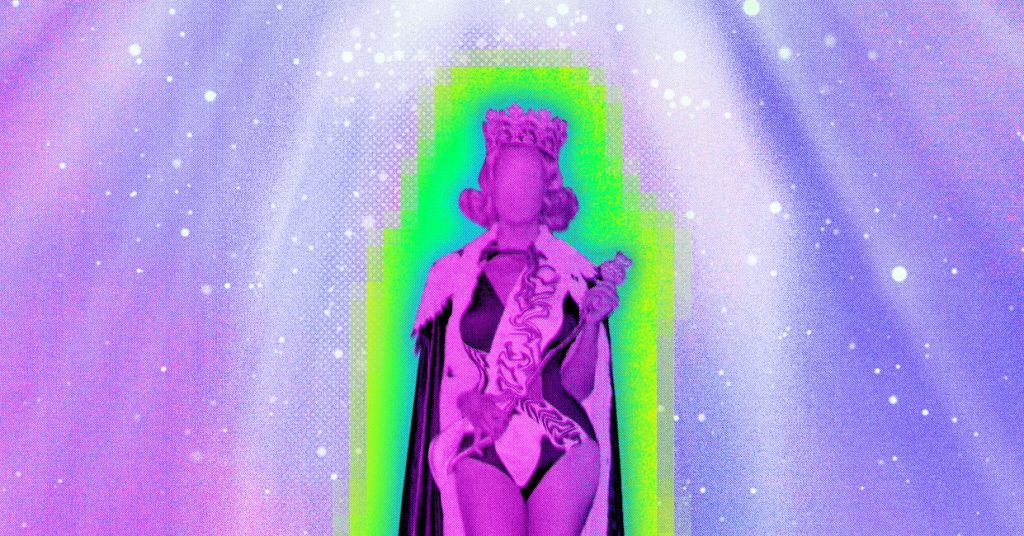The Intersection of Beauty and AI
AI Beauty Pageant: A New Era
When poet John Keats wrote in “Ode on a Grecian Urn” that “beauty is truth, truth beauty,” he probably didn’t envision a world where AI would redefine beauty standards. Recently, Fanvue and Cameo launched what they call the “world’s first beauty pageant for AI creators.” The World AI Creator Awards aims to celebrate the most visually appealing AI-generated personas.
Choosing the Ideal AI Face
The competition ultimately selected Seren Ay’s face because “she looked like a real person.” Sociologist Hilary Levey Friedman commented,
“They’re drawing on all these stereotypes that we have about what a ‘beautiful woman’ is, and people who tend to use AI might have a different idea of what an attractive woman might be. She might have pink hair, but she’ll still be within the realm of traditional beauty.”
Reflecting Traditional Beauty Standards
Fanvue’s finalists were mostly thin, beautiful, and light-skinned, reflecting conventional beauty standards. Creating an AI persona with unconventional features, like a 50-year-old gardening mom, wouldn’t have provided the visual appeal needed, no matter how unique or realistic.
The Pursuit of Perfection
Aiyana Rainbow, another AI contestant, isn’t entirely perfect—her face isn’t completely symmetrical—but any quick-scrolling fan would hardly notice any flaws. Brands prefer to invest in creators whose images are as perfect as possible, even if they are AI-generated.
Authenticity vs. Perfection
While there’s a growing appreciation for celebrities who appear authentic online, like Renee Rapp, Nicola Coughlin, and Dakota Johnson, carefully curated influencer lives—whether real or AI-generated—continue to be rewarded.
AI Influencers on the Rise
Fanvue cofounder Will Monange states that his service currently hosts “thousands of monthly earning AI creators,” a number that has grown exponentially. AI influencers like Aitana Lopez, who judges Fanvue’s contest, have hundreds of thousands of followers interested in their virtual lives and content.
Engagement and Influence
Seren Ay’s creators report that their AI persona receives relationship advice queries, which she gladly provides. Kenza Layli, a Moroccan contest finalist, boasts about a 5 percent engagement rate on her posts, a number most marketing professionals would envy.
The Broader Implications
The popularity of beautiful AI influencers highlights society’s preference for specific beauty standards, whether in humans or AI creations. In a world where millions follow influencers they’ll never meet, an AI beauty pageant like Fanvue’s reflects a larger societal issue rather than an impending crisis.

1 Comment
Imagine AI winning Miss Universe one day!